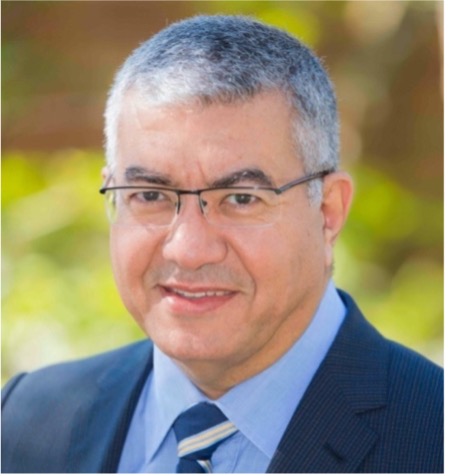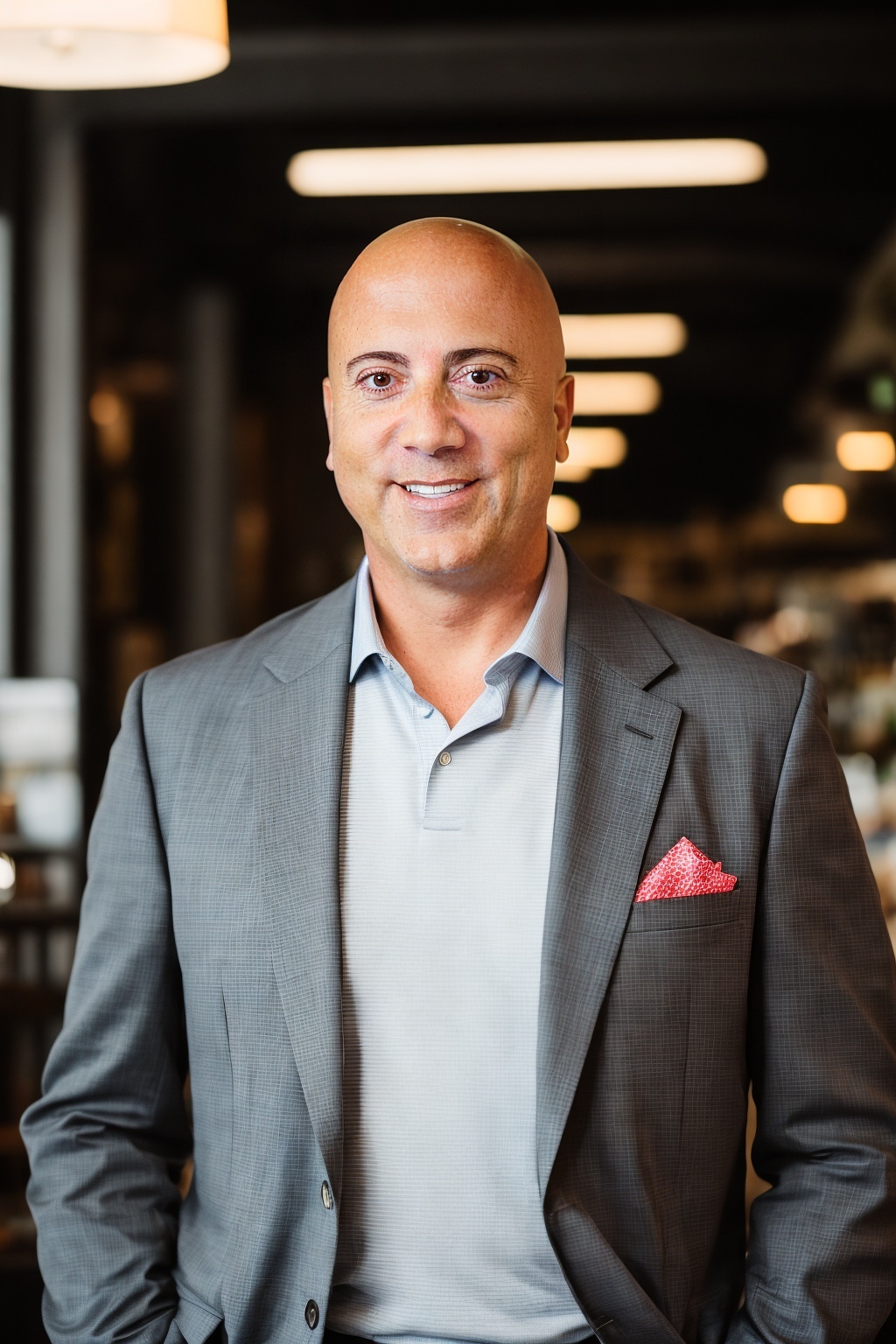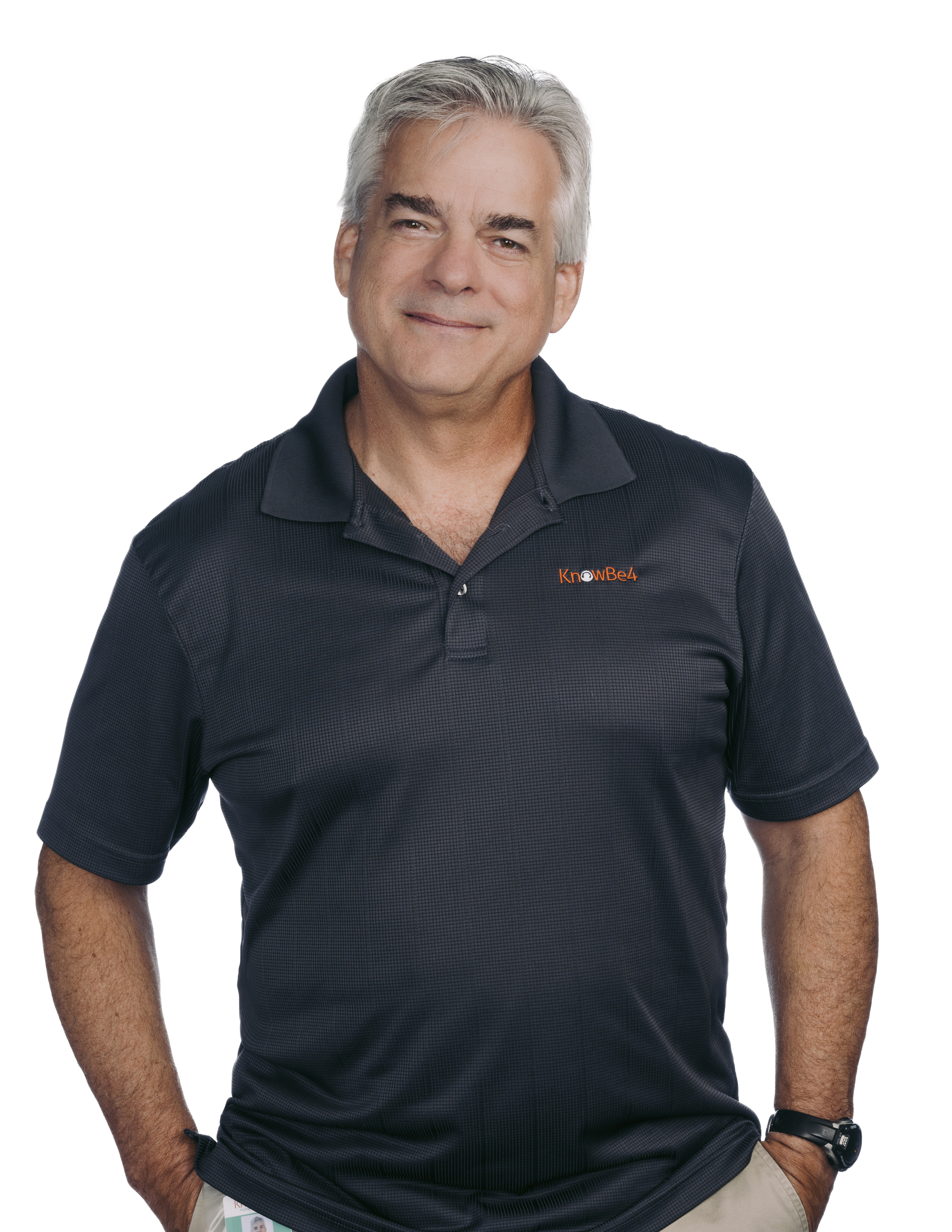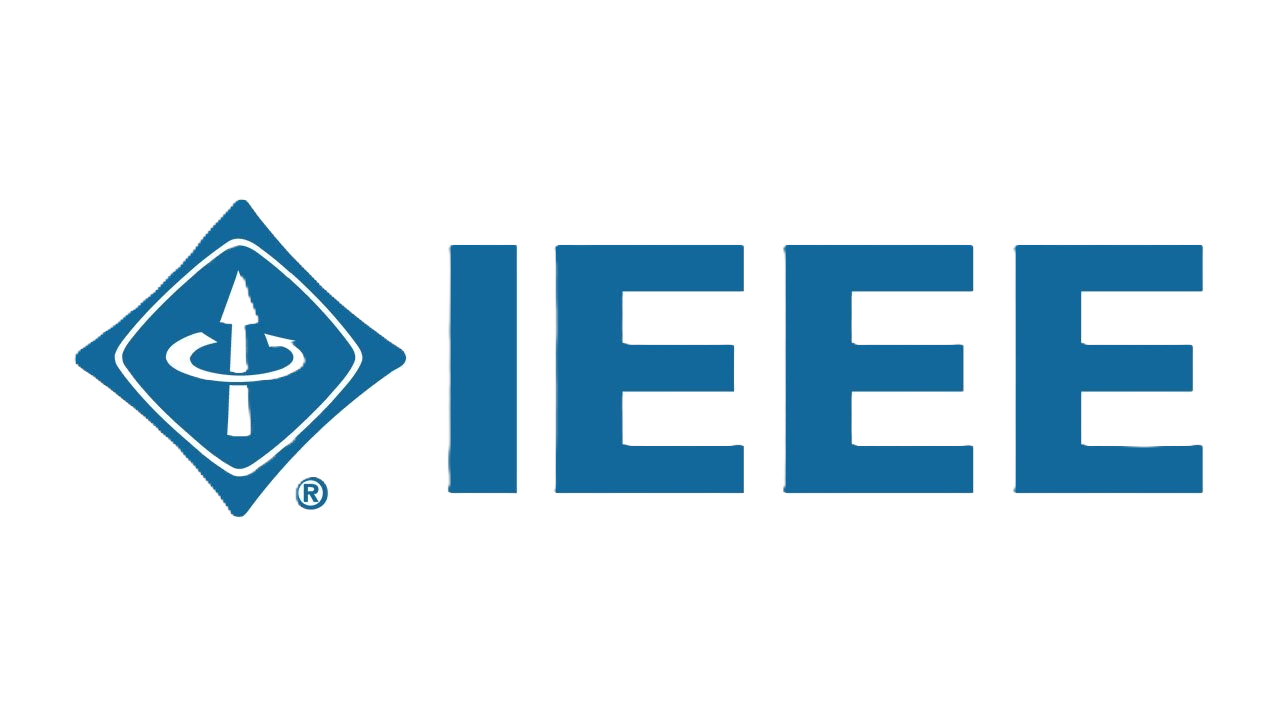Keynote Speakers

University of Bologna, Bologna, Italy.
Abstract:
While we all share the excitements of great IoT visions and impressive IoT scenarios and possibilities, we do not yet have a clear pathway to realizing this vision systematically and on a broad and large scale. In fact, it can be argued that the focus on vision and abstracting away many details, including about “things" themselves were intentional to productively bolster our imagination; but this approach has now run its course. Ignoring the details and staying abstract will be counterproductive at this stage. We view the success of the IoT to largely depend on how its main ingredient, the thing, is architected, prepared, and tooled to deliver on the high expectations of the blue-sky visions. In other words, we see no short cuts to having to walk before we run. Service-oriented device architecture (SODA) was a successful beginning in our research journey, where devices were made capable of generating and publishing their services to an edge node or as endpoints in the cloud. IoT programmability through traditional service composition was a tangible gain at the time, which was utilized in the Gator Tech Smart House – an assistive environment for graceful aging project. However, much remains to be needed to achieve an explicit thing architecture capable of delivering on the highly anticipated visions. For example, we still do not understand how to expressly program an IoT as we have programmed previous generations and forms of the computer. This is obviously an essential requirement for any meaningful proliferation and adoption of the IoT technology. Except for a few ideas and tools that exist today, the programmability view of IoT lacks clarity and, in fact, there are no clear boundaries that separate IoT as a distributed computer from IoT as applications. In this talk, after a brief introduction to SODA, I will present requisite requirements that we must satisfy to bolster the programmability and utility of IoT as an emerging industry and as an applications ecosystem. I will present our current/ongoing work on critical extensions to the microservices architecture, collectively referred to as IoTility. First, I will focus on self- and peer-conscious microservices, which enable the IoT to autonomically learn how its things may relate to one another and what opportunities can be collectively formed, even tentatively, to the IoT users and their smart spaces. Second, I will show how giving microservices consciousness promises to make them a first-class citizen and a capable actor in the development and operation lifecycles of IoT applications and systems. This “collaborative microservice programmability” extension brings disrupting changes to the well- and long-established roles of software development, making the IoT thing (and its vendor who created it in the first place), as well as the lay user, primary developers of the IoT applications. Third, I will present IoTranx – a “safety” framework that brings transactional extensions to microservices for the development of safe cyber-physical systems and applications using IoT. I will show how such “safety-oriented programming model” prevents or avoids harms, errors, and malfunctions in presence of several cyber-physical uncertainties or un-orchestrated multiple IoT deployments.
Biography:Abdelsalam Helal (aka: Sumi Helal) is a Professor in the Computer Science and Engineering Department at the University of Bologna, Italy. Prior to joining the University of Bologna, he spent 25 years as associate and then full processor in the Computer & Information Science and Engineering Department at the University of Florida, USA. At University of Florida, he directed the Mobile and Pervasive Computing Laboratory, co-founded and directed the Gator Tech Smart House –a real-world deployment project that aimed at identifying key barriers and opportunities to make the Smart Home concept a common place (creating the "Smart Home in a Box" concept). His active areas of research focus on architectural and programmability aspects of the Internet of Things (IoT), service-oriented IoT architectures, IoT edge intelligence, and pervasive/ubiquitous systems and their human-centric applications, especially in the Digital Health area. Helal is also a technologist at heart who founded several successful ventures in the areas of IoT and Digital Health. His patents that came out of his research were licensed by the top multinational tech industry including Google, Apple, Samsung, Bosch, Siemens, T-Mobile, Verizon, among others. Helal is a Fellow of the ACM, IEEE, AAAS, AAIA, IET, and a member of Academia Europaea. He can be contacted at: helal@acm.org

Founder of SCYTHE, SCYTHE, USA.
Abstract:
Connected systems underpin our modern world: our professional and personal lives depend upon their trusted and safe operation. Living in this glasshouse invites a lot of rocks in the form of cyberattacks. Defending against them is its own complex system of prevention, detection, and human response. We don’t have a cyber problem; we have a national security problem. Security is defined by the threat, which means it is imperative to understand how they work. They are not omnipotent nor omniscient. Let’s use their weaknesses against them so that our intelligent systems can impose cost and reduce impact. Together, we can.
Biography:Bryson is the Founder of SCYTHE, a start-up building a next-generation threat emulation platform, and GRIMM, a cybersecurity consultancy, and Co-Founder of the ICS Village, a non-profit advancing awareness of industrial control system security. He is a Senior Fellow at the National Security Institute, USMA EECS Advisory Board member, and Adjunct Senior Technical Advisor for the Institute of Security and Technology. As a U.S. Army Officer, he served as a Battle Captain and Brigade Engineering Officer in support of Operation Iraqi Freedom before leaving the Army as a Captain. He is recognized as a 'Top 50 in Cyber' by Business Insider, 'Security Executive Finalist of the Year' by SC Media, was awarded 'Tech Titan' twice and is the 2023 SANS Difference Maker Award Winner for Innovator of the Year . Bryson received his Bachelor of Science in Computer Science with honors from the United States Military Academy at West Point. He holds a Master's Degree in Telecommunications Management from the University of Maryland, a Master's in Business Administration from the University of Florida, and completed graduate studies in Electrical Engineering and Computer Science at the University of Texas.

CITS Cybersecurity Lead, Tampa, Florida, USA.
Abstract:
Pokémon Go took the world by storm, but behind the fun and adventure lurked serious cybersecurity, data privacy, and real-world safety risks. From malware-infected downloads and phishing scams to AI-driven data collection and physical threats, this session dives deep into the lessons learned from the world's most popular augmented reality (AR) game. Join cybersecurity expert Michael Esola as he uncovers how Pokémon Go became a case study in digital risk, ethical AI concerns, and the future of AR security. Whether you're a cybersecurity professional, a privacy advocate, or just curious about the hidden dangers of gaming, this talk will change the way you see mobile applications and AI-powered experiences. Don’t miss it! Join cybersecurity expert Michael Esola as he uncovers how Pokémon Go became a case study in digital risk, ethical AI concerns, and the future of AR security. Whether you're a cybersecurity professional, a privacy advocate, or just curious about the hidden dangers of gaming, this talk will change the way you see mobile applications and AI-powered experiences. Don’t miss it!
Biography:Michael Esola is a retired U.S. Army Operations and Communications officer with over 25 years of technical expertise. Today, he leads organizations as a strategic cybersecurity and data privacy architect, specializing in security controls, risk management, and policy development. Leveraging industry standards such as NIST and ISO, Michael drives digital transformations and empowers organizations to enhance their cybersecurity resilience. With a robust portfolio of over 50 industry certifications, he brings practical, real-world insights to the stage, engaging audiences with his passion for innovation and forward-thinking strategies.

Data-Driven Defense Evangelist, KnowBe4, USA.
Abstract:
Malicious hackers and their malware creations are rampant on the Internet. Ransomware is taking down companies, hospitals, and even entire cities at will. Hundreds of millions of dollars are stolen, and millions of people's accounts are stolen every day. A large portion of the Internet is just hacker traffic, phishing, and their malware programs. However, most people are unaware that we can significantly reduce Internet crime, making it nearly impossible for hackers and their malware creations to be successful. There is a way to make a far safer Internet for you, your children, your grandchildren, and your grandparents. We have most of the needed technology, we just need to make it more pervasive.
Attend this session to learn about:
Roger A. Grimes is a Data-Driven Defense Evangelist at KnowBe4. He is a 35-year plus computer security professional, author of 14 books and over 1,400 national magazine articles. He frequently consults with the world’s largest and smallest companies, and militaries, and he has seen what does and doesn’t work. Grimes was previously a weekly security columnist for InfoWorld and CSO magazines from 2005–2019. He regularly presents at national computer security conferences, and has been interviewed by national magazines and radio shows, including Newsweek magazine and NPR’s “All Things Considered.” Roger is known for his often contrarian, fact-filled viewpoints.

